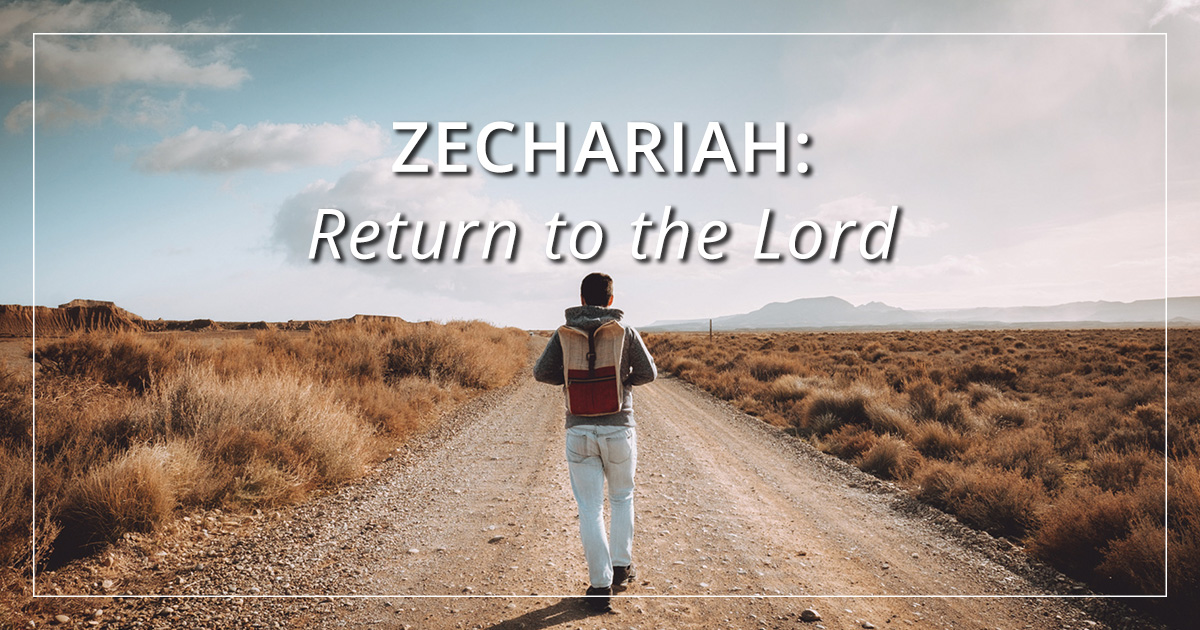

Your Questions, Our Answers
With so many versions of the Bible, how do I know which is the right or best one?
Since Jesus was raised from the dead on a Sunday morning, hasn't Sunday become the correct day of worship for Christians?
According to Genesis 2:2, God blessed the seventh day and set it apart. Shouldn't we be worshiping on Saturday, not Sunday?
With so many versions of the Bible, how do I know which is the right or best one?
The most important issue in choosing a translation of the Bible is to find the one you will enjoy reading and understanding. It may be helpful to know two basic approaches to translation. The first approach uses formal equivalence, translating in a word for word or literal way (New American Standard Version, English Standard Version). But since the Bible was written in ancient Hebrew, Aramaic, and Greek, this approach sometimes produces a clunky translation that doesn't always capture the correct meaning of ancient idioms.
The second approach is called dynamic equivalence (New Living Translation, New International Version), translating thought for thought, bringing figures of speech into modern language, and making the text clear and readable. The downside is that it may be more difficult to assess the original author’s meaning.
There is another method which tries to strike a middle road (Christian Standard Bible, Tree of Life Version). Such translations are generally more readable. For Bible study, I suggest using a formal equivalence translation; for fast reading, I would use dynamic equivalence. For my personal Bible reading and study, I find the combination of both approaches most helpful.
Since Jesus was raised from the dead on a Sunday morning, hasn't Sunday become the correct day of worship for Christians?
There are only three New Testament passages which seem to make the case for Sunday worship. But a close examination shows that none of them supports this answer. First, Acts 20:7 describes Paul's farewell meeting with the people of Troas: "On the first day of the week, we assembled to break bread." Although they met on the first day of the week, there is no mention of it being their regular worship time. Also, there is no command to worship on the first day.
Second, Paul tells the Corinthians to put aside money “on the first day of the week” for the offering (1 Cor. 16:2). He wasn’t talking about an offering during Sunday worship or even a public meeting. He used the phrase par heauto (commonly translated “each of you”) literally meaning “by himself, in his home” to encourage the Corinthians not to wait until the end of the week.
Finally, John speaks of being in the Spirit “on the Lord’s Day” (Rev. 1:10). Most likely it means John received his vision on “a day filled with the Lord.” It may also refer to “the day of the Lord,” describing John’s vision in the book of Revelation. What it doesn’t mean is that this day is Sunday.
The New Testament gives a great deal of freedom to choose on which day to worship. The great news is that we are able to celebrate the resurrection of Jesus every day.
According to Genesis 2:2, God blessed the seventh day and set it apart. Shouldn't we be worshiping on Saturday, not Sunday?
People often wonder whether Sabbath worship is still required by God. Even though the Sabbath was mentioned in the creation story (Gen. 2:2), the Sabbath command was not a creation ordinance. God ceased His creative activity on the seventh day and set it apart, but He did not command His people to keep the Sabbath at that time.
The first time we see the Sabbath presented as a command is after Israel’s Exodus from Egypt (Ex. 16:23–26) with the 10 Commandments (Ex. 20:8–11). Just as the rainbow was an outward sign of God’s covenant with Noah (Gen. 9:12–17) and circumcision of God’s covenant with Abraham (Gen. 17:11), the Sabbath was a sign of the Mosaic covenant. In Exodus 31:13, God commanded the Israelites: “You must observe My Sabbaths, for it is a sign between me and you for the generations to come.”
When Jesus came, His followers no longer had to live according to the Mosaic Law; they were under the New Covenant. In Hebrews 8:13 (TLV), the author declares: “He has treated the first as old; but what is being made old and aging is close to vanishing.” Paul describes the Mosaic Law as “chiseled in letters on stone” (2 Cor. 3:7), a reference to the Ten Commandments. He says their glory is “fading away,” and the New Covenant, which endures, is even “more glorious” (2 Cor. 3:11).
How does this affect our view of the Sabbath? First, we are not required to worship on the seventh day. The Sabbath command is the only one of the Ten Commandments not repeated in the New Covenant. However, this does not mean we don’t need a day of rest and worship. Although Christians are no longer under the Law of Moses, we shouldn’t disregard it. It is God’s Word. Clearly, God commanded His people to take one day a week for physical rest and spiritual renewal. We should continue to do so, it just doesn’t have to be on the seventh day.




